Medicaid by the Numbers
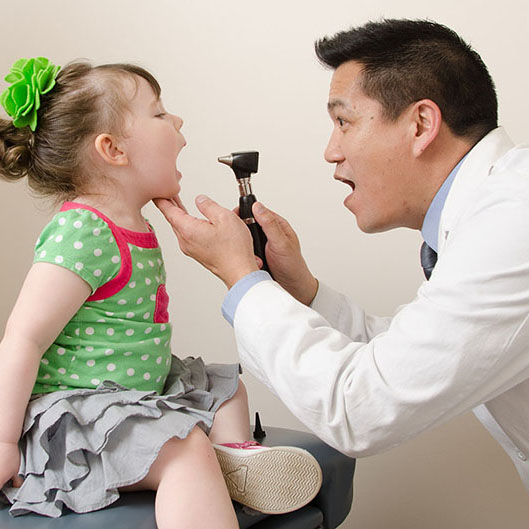
How much does Medicaid really cost in SC?

How much does Medicaid really cost in SC?
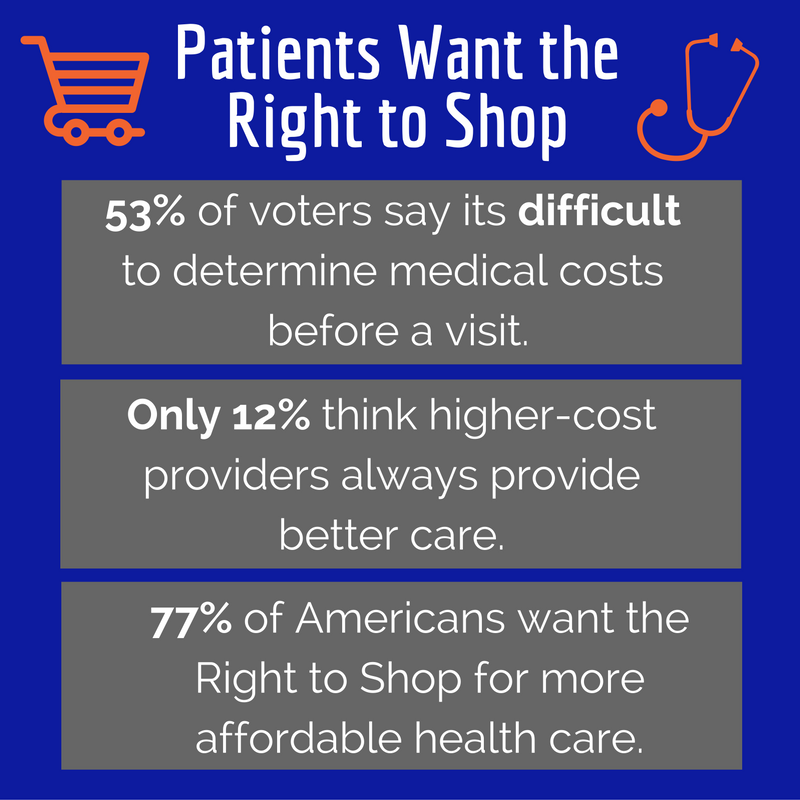
Right to Shop’s goal is to provide patients with access to information on the out-of-pocket costs they will face after a non-emergency medical procedure.
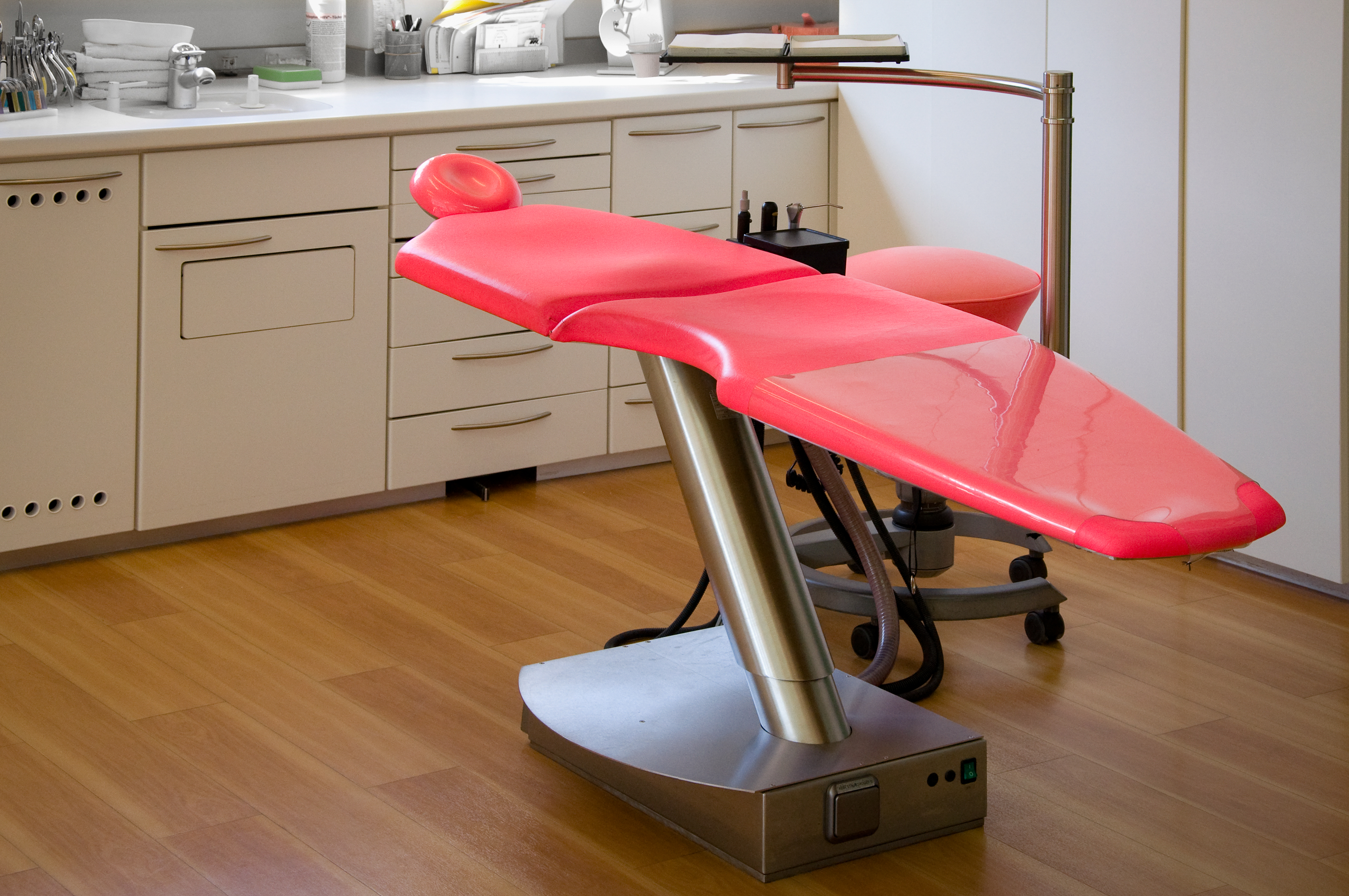
“Right to Try” and “Volunteer Care” are bipartisan, common sense pieces of legislation drawn from experiences in other states that are aimed at lending a hand to the most vulnerable among us, when they need it most. Below is a brief update explaining how these new laws work. Right to Try In June, Governor Haley

The theme is all too familiar—Environmental Protection Agency (EPA) standards and rules continue to drive electricity costs higher and higher.
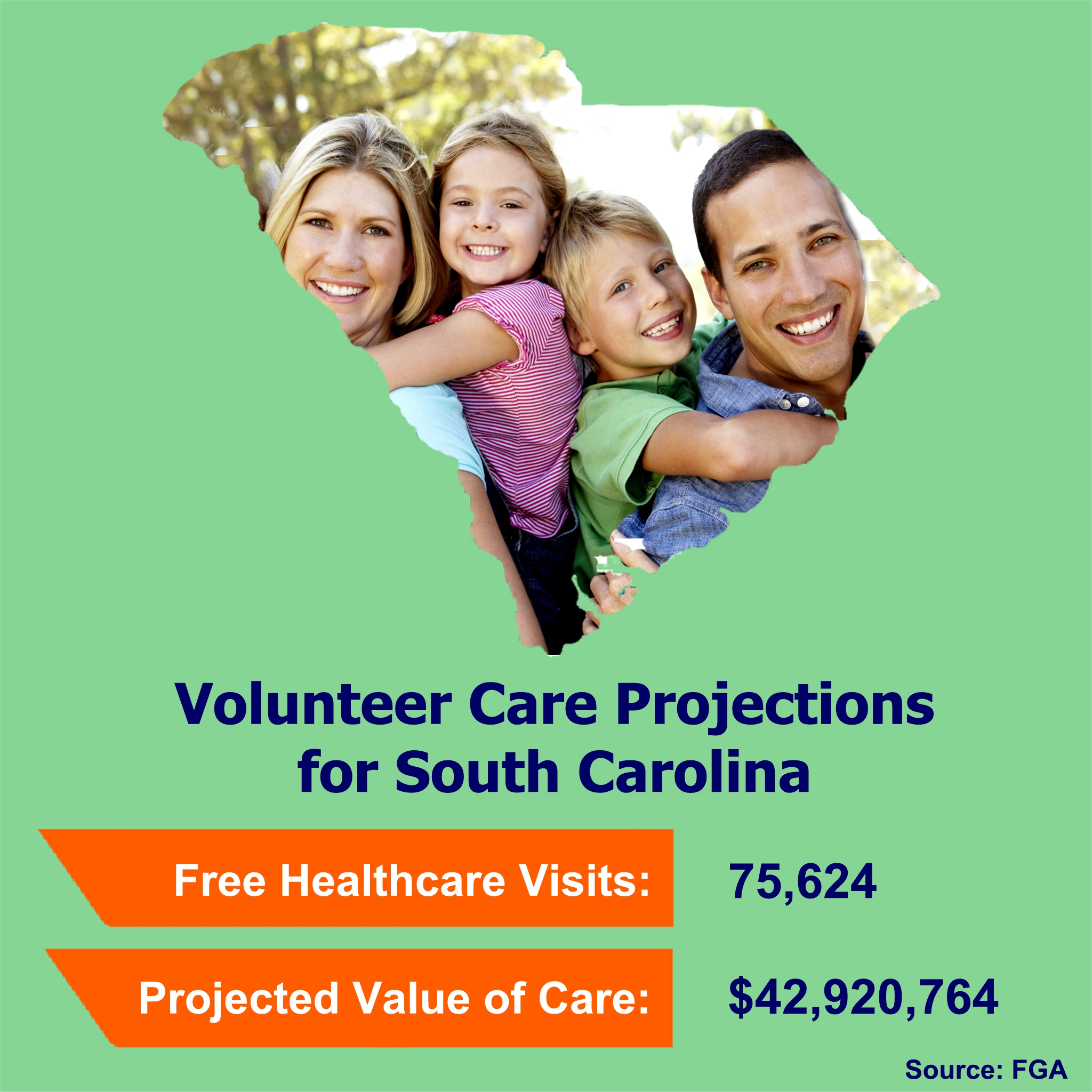
A new option for individuals who cannot afford health insurance could be coming to the Palmetto State.
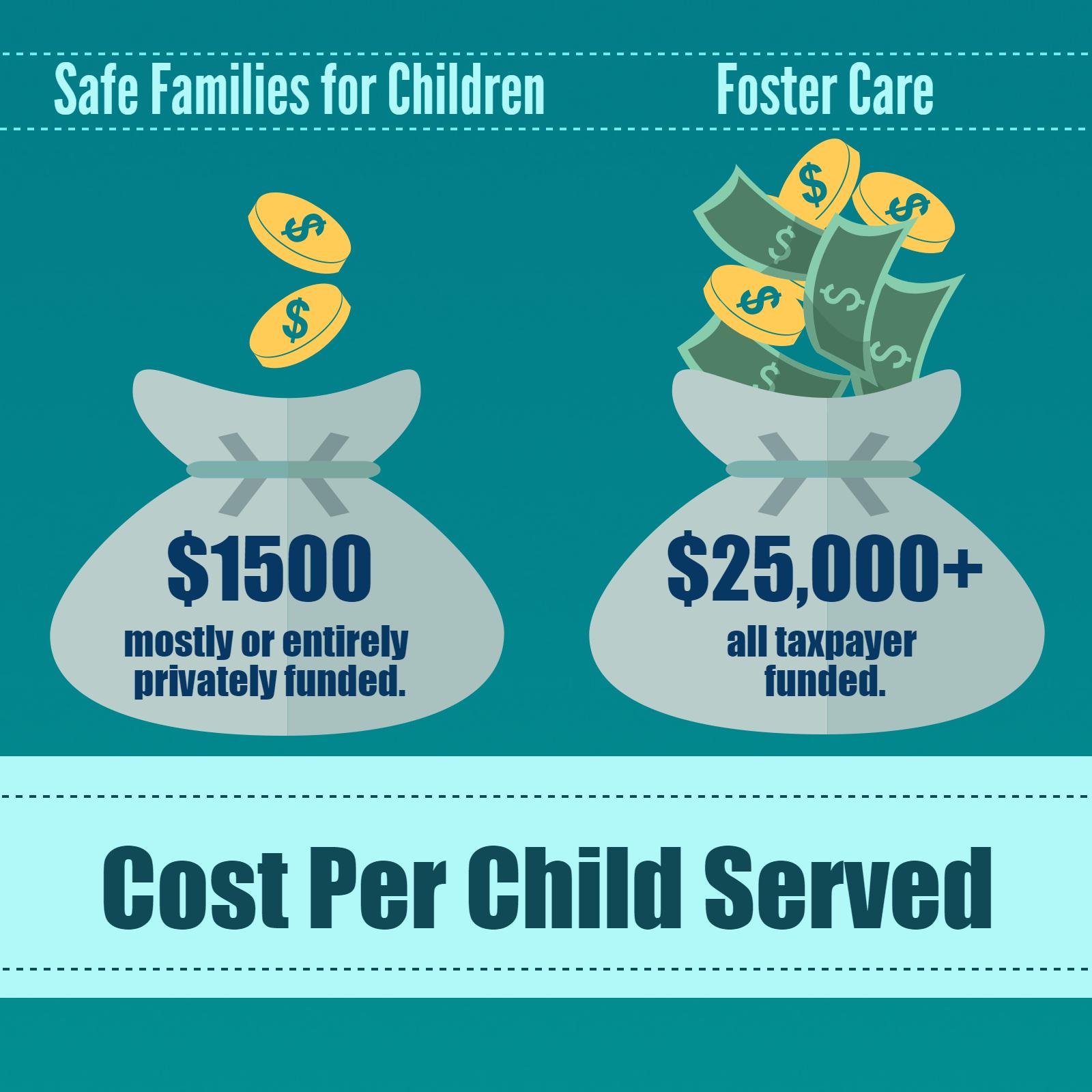
The Safe Families Act is a private alternative to the government-run foster care system that seeks to aid children threatened by neglect.

There is a way to provide terminally ill South Carolinians with the safe, FDA approved drugs they need.

South Carolina has a generational opportunity not just to play catch up, but to proactively create a chance for every student to excel.
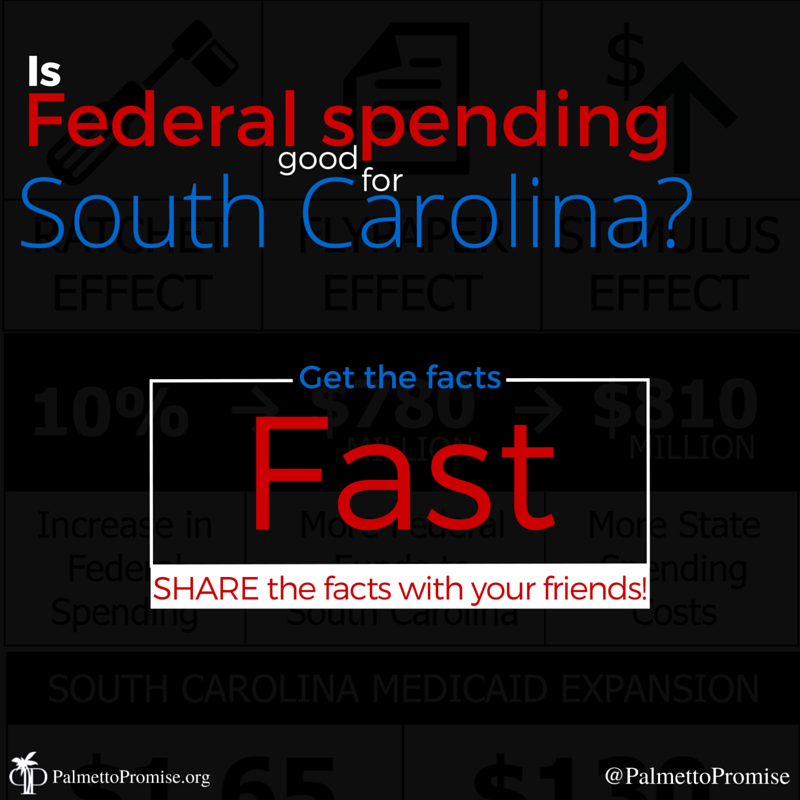
A new comprehensive study from the Interstate Policy Alliance (IPA) and Palmetto Promise Institute (PPI) concludes that increased federal spending...
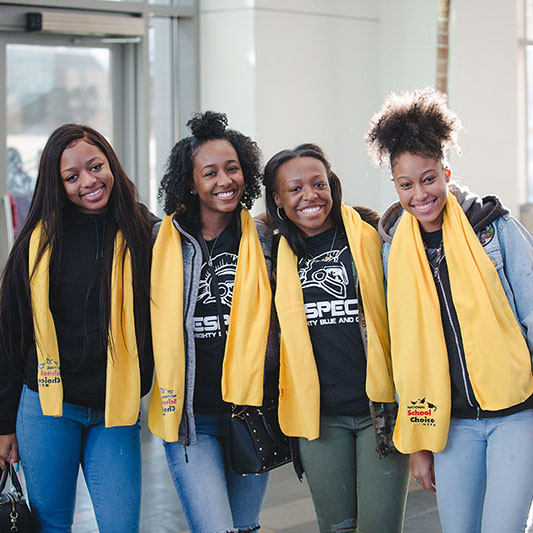
How do we continue to improve our ECENC program…and move toward a system of education where every child has the opportunity to reach their full God-given potential?